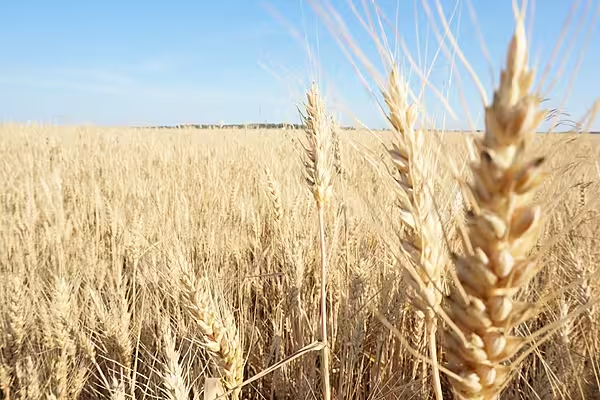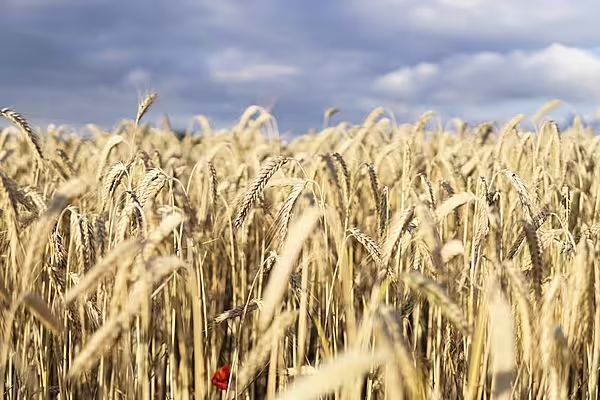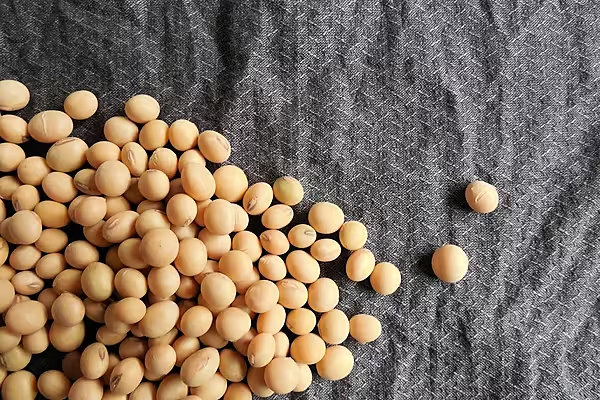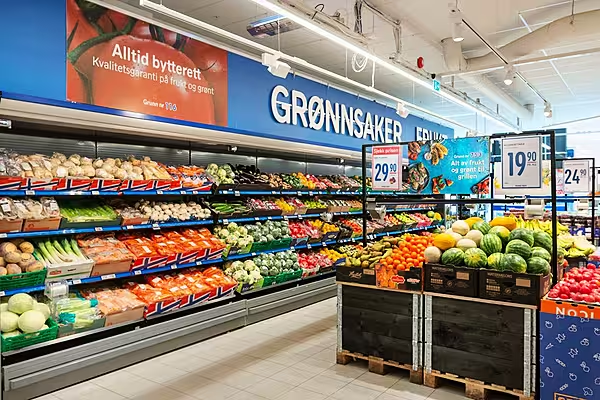Iran is about to open for business, and the world’s grain traders are lining up.
Food wasn’t subject to sanctions, but the rules created enough difficulty to keep out many grain suppliers. Now, with world powers expected to lift restrictions as early as next year, new companies are entering the market. One example: BayWa, a German firm that recently shipped Russian grain and South American soybean meal to Iran.
While the biggest traders, such as Bunge and Cargill, kept operating in the country, the end of sanctions is a chance to expand operations.
"When the sanctions came in, you started to see some people shying off and not willing to take the risk anymore," Michel Dumoulin, a trader at Rotterdam-based Nidera, said by phone on Thursday. "In the past six to eight months, we’ve seen a lot of new, small players in the Caspian Sea. Russian and Ukrainian companies, all entering the market in Iran."
Iran, known for its savory flatbreads such as lavash, barbari and taftan, is a hot market for grain traders because citizens rely on bread as a staple food and domestic wheat production often falls short of demand. As traders gather in Geneva for the annual Global Grain conference this week, Iran, tied with Turkey as the Middle East’s second-biggest wheat consumer, will be a key point of conversation and the new business couldn’t come at a better time.
Grain Selloff
Wheat prices have fallen for three years after record harvests sent grain stockpiles to a 29-year high. Prices in Chicago, the international benchmark, dropped 15 per cent in 2015 at $5.03 a bushel. Milling wheat, used to make bread, is down 9.2 per cent to €182.75 a tonne in Paris.
World powers are getting ready to lift the sanctions they imposed to deter the nation’s nuclear program. In July, the nation agreed to accept limits on its nuclear work in return for access to oil and financial markets.
Iran’s wheat imports can vary widely from year to year, but they’ve been trending higher. The nation will bring in four million tonnes of the grain this season, roughly 10 times more than a decade ago, according to estimates from the US Department of Agriculture. Imports could eventually rise to six million to seven million tonnes, according to BayWa’s Chief Executive Officer Klaus Lutz.
Trade Delegations
BayWa sent an executive to Tehran a week ago as part of a German trade delegation of 100. The Munich-based company plans to ship 250,000 metric tonnes of grains and oilseeds to the country this quarter.
Nidera executives will travel to Iran this week to visit customers, according to Dumoulin. He said the end of sanctions doesn’t necessarily mean grain imports will rise and predicted more competition for business and lower profit margins. Nidera, majority owned by China’s largest food company Cofco, already ships as much as 3 million tons of grain and vegetable oils to Iran a year.
News by Bloomberg, edited by ESM. To subscribe to ESM: The European Supermarket Magazine, click here.














